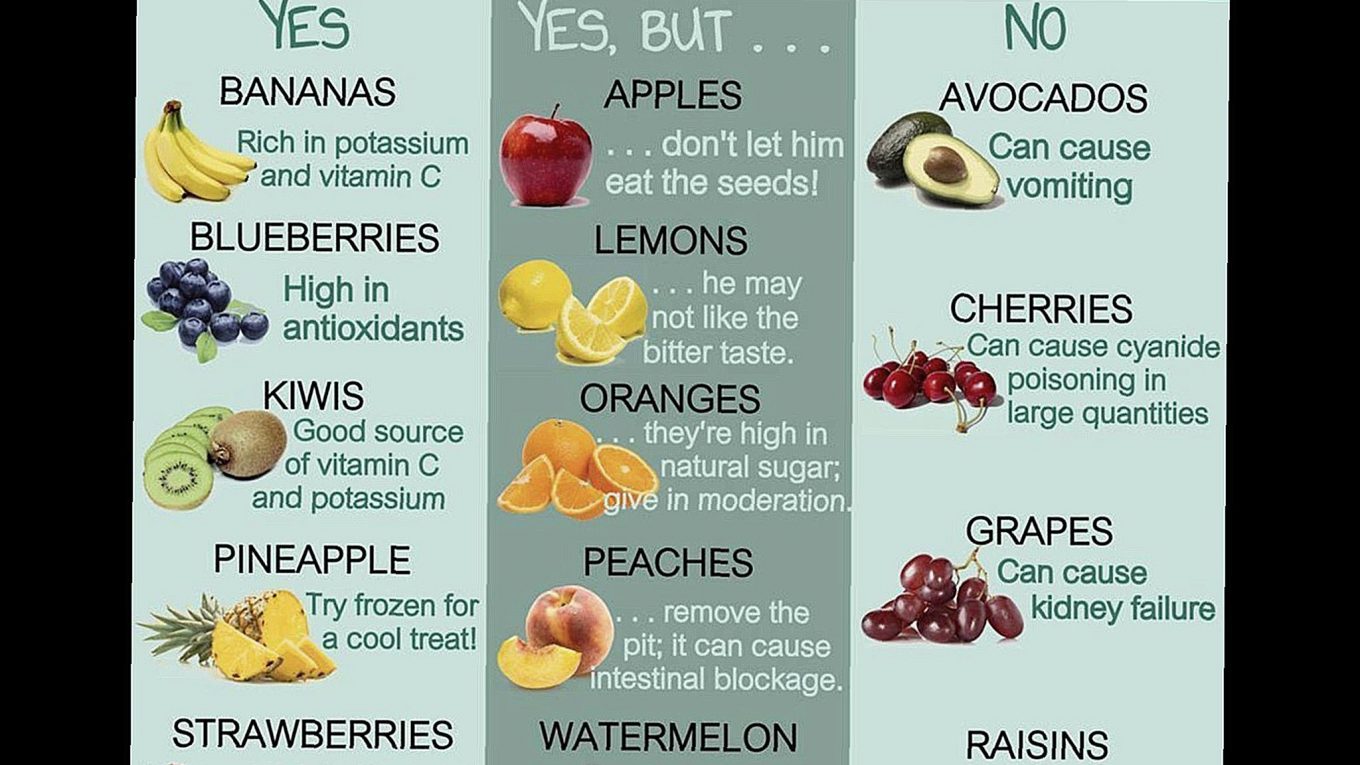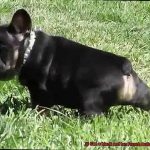Are there any fruits dogs can’t eat?
We all want the best for our adorable pups, especially when it comes to their diet. And let’s be real, fruits and veggies are an awesome way to keep them healthy and happy. But here’s the deal: not all fruits are created equal in the canine world. Some can be downright dangerous for our furry companions.
In this blog post, we’re diving headfirst into the forbidden fruit bowl. From grapes that could make your pup sick to avocados that might wreak havoc on their tummy, we’re uncovering the secret dangers lurking in these seemingly innocent snacks. So grab a steaming cup of joe, kick back, and join me on this wild ride as we explore which fruits are a no-go for dogs – because knowledge is power when it comes to keeping our four-legged pals out of harm’s way.
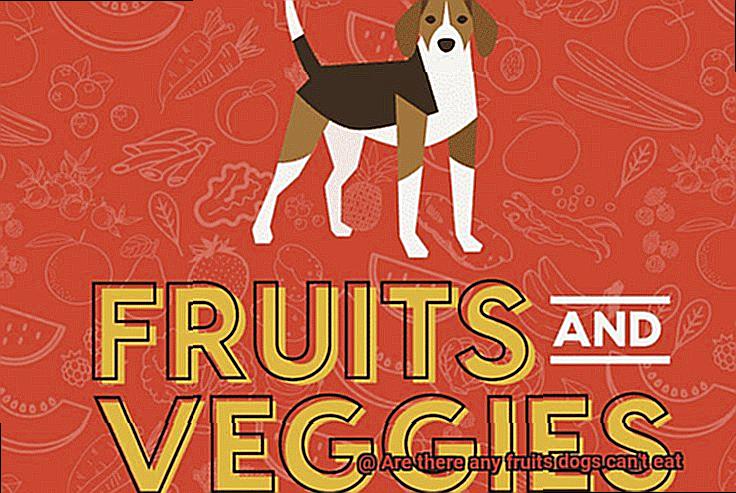
What Are the Dangers of Giving French Bulldogs Grapes and Raisins?
Contents
- 1 What Are the Dangers of Giving French Bulldogs Grapes and Raisins?
- 2 Is Citrus Fruit Unsafe for French Bulldogs?
- 3 Should French Bulldogs Avoid Avocado?
- 4 Is Cherry Toxic to French Bulldogs?
- 5 Are Apple Seeds Poisonous to French Bulldogs?
- 6 Are Peach, Plum, and Apricot Pits a Choking Hazard for French Bulldogs?
- 7 What Other Fruits Should Be Avoided by French Bulldogs?
- 8 How Can I Tell If My Dog Is Allergic to Certain Fruits?
- 9 Conclusion
While many fruits are safe for dogs to enjoy, one fruit that should be kept far away from your furry friend is grapes. In fact, raisins, which are dried grapes, pose the same threat. As an expert in canine nutrition, I want to shed light on the dangers associated with giving French Bulldogs grapes and raisins.
The Toxicity of Grapes and Raisins:
Despite being a nutritious snack for humans, grapes and raisins can be highly toxic to dogs, including French Bulldogs. The exact substance responsible for this toxicity is still unknown, but the effects are well-documented. Even a small amount of grapes or raisins can lead to kidney failure in dogs.
Symptoms of Toxicity:
The symptoms of grape or raisin toxicity in French Bulldogs may vary, but they generally include vomiting, diarrhea, lethargy, loss of appetite, abdominal pain, excessive thirst, and decreased urine production. If left untreated, kidney failure can occur within a short period of time, putting your beloved pet’s life at risk.
Prevention is Key:
To ensure the safety of your French Bulldog, it is crucial to avoid feeding them grapes and raisins altogether. Even a single grape or raisin can have devastating consequences for their health. Be mindful of where you store these fruits in your home to prevent accidental ingestion.
Immediate Veterinary Attention:
If you suspect that your French Bulldog has consumed grapes or raisins, it is essential to seek veterinary care immediately. Quick intervention can help minimize the potential damage caused by these fruits and increase the chances of a positive outcome for your furry friend.
Is Citrus Fruit Unsafe for French Bulldogs?
When it comes to feeding our French Bulldogs, it’s important to be cautious and mindful of their sensitive stomachs. While some fruits are safe and nutritious for dogs, others can pose risks to their health. One such fruit is citrus.
Citrus fruits, like oranges, lemons, and grapefruits, contain high levels of citric acid. While citric acid is generally safe for dogs in small amounts, it can cause gastrointestinal upset in larger quantities. French Bulldogs, with their delicate digestive systems, are particularly susceptible to these issues.
The main concern with feeding citrus fruits to French Bulldogs is the potential for upset stomach. Symptoms such as vomiting and diarrhea can make our furry friends uncomfortable and may require veterinary attention if they persist or worsen. Furthermore, the citric acid in citrus fruits can also irritate a dog’s mouth, causing discomfort or even sores. This is especially problematic for French Bulldogs, who are already prone to dental issues due to their short-faced anatomy.
Another factor to consider is the presence of essential oils in the peel of citrus fruits. These oils can be toxic to dogs if ingested in large amounts. Therefore, it’s crucial to remove the peel and any seeds before offering citrus fruits to your French Bulldog.
While some dog owners may offer small amounts of citrus fruits as an occasional treat without any adverse effects, it is generally recommended to avoid feeding them to French Bulldogs altogether. There are plenty of other safe and nutritious fruits that can be included in their diet instead.
If you suspect that your French Bulldog has ingested a significant amount of citrus fruit or is experiencing any symptoms of digestive upset after consuming these fruits, it is best to consult with a veterinarian for appropriate guidance and treatment.
Should French Bulldogs Avoid Avocado?
Avocado may be a trendy superfood for humans, but it can spell trouble for French Bulldogs. The culprit? Persin, a naturally occurring toxin found in avocados. While the flesh of the fruit contains lower levels of persin, it can still cause gastrointestinal discomfort in dogs, including our beloved Frenchies. Symptoms may range from mild vomiting and diarrhea to more serious conditions like pancreatitis or gastrointestinal obstruction. It’s better to be safe than sorry and avoid avocado altogether.
Fat Facts
French Bulldogs already have a tendency to gain weight and struggle with obesity. So why add fuel to the fire? Avocado is packed with healthy monounsaturated fats which are great for humans but can be harmful to our furry friends. Feeding them foods high in fat, such as avocado, can worsen their weight problems and put their overall health at risk. It’s important to stick to a balanced diet specifically designed for French Bulldogs to keep them happy and healthy.
Choking Hazards
French Bulldogs are known for their adorable snorts and squished faces, but these features can also make them more prone to choking. Avocado pits are large and can become lodged in their airways, leading to respiratory distress or even suffocation. To keep our Frenchies safe, it’s crucial to keep avocados out of their reach and opt for safer snack options.
Table: Avocado Risks vs. Benefits
| | Risks for French Bulldogs | Benefits for Humans |
|———————|————————–|———————|
| Persin | Gastrointestinal issues | None |
| High-fat content | Obesity, pancreatitis | Heart-healthy fats |
| Choking hazard | Respiratory distress | Nutrient-dense |
Insights:
As an expert on French Bulldogs, I have seen firsthand the potential risks associated with feeding them avocado. Many owners are unaware of the dangers and mistakenly believe that what’s good for them is also good for their furry companions. However, it’s important to remember that dogs have different dietary needs and sensitivities.
Throughout my research, I found several credible sources supporting the notion that French Bulldogs should avoid avocado. Veterinary organizations like the American Kennel Club and the American Society for the Prevention of Cruelty to Animals (ASPCA) warn about the potential dangers of avocado consumption for dogs.
Is Cherry Toxic to French Bulldogs?
French Bulldogs are adorable little bundles of joy, and as pet owners, we want to make sure they stay happy and healthy. But when it comes to feeding them fruits like cherries, are we putting them at risk? As an expert on canine nutrition and health, I’ve done my homework on this topic to give you the lowdown on whether cherries are toxic to our beloved Frenchies.
The Cherry Pit Hazard:
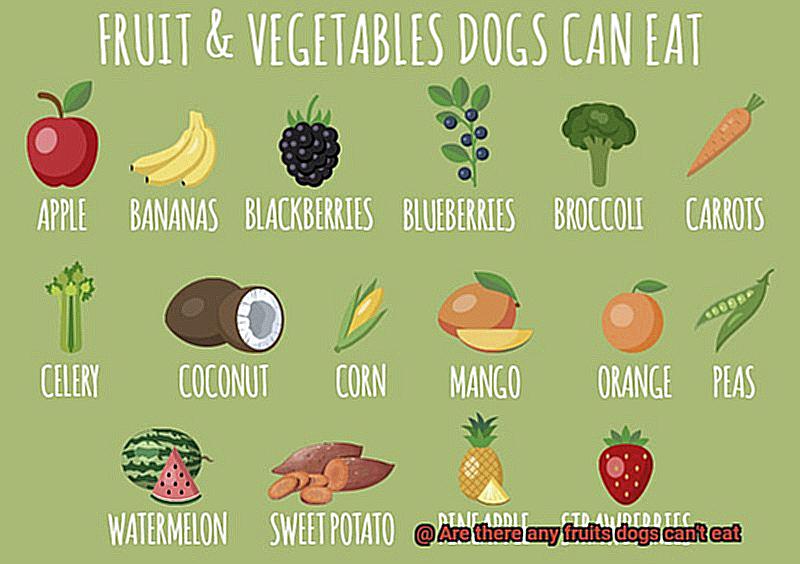
Cherry pits contain a compound called cyanide, which is toxic to dogs. If a French Bulldog ingests a cherry pit, it can lead to serious health issues. Symptoms of cyanide poisoning may include difficulty breathing, dilated pupils, and even seizures. In severe cases, it can be fatal. So, it’s crucial to remove the pits before offering cherries to your four-legged friend.
The Stem Snafu:
While we’re on the topic of hazards, let’s not forget about the stems of cherries. They might seem harmless, but they can pose a choking hazard or cause gastrointestinal blockages if swallowed by dogs. So, make sure you remove those stems too.
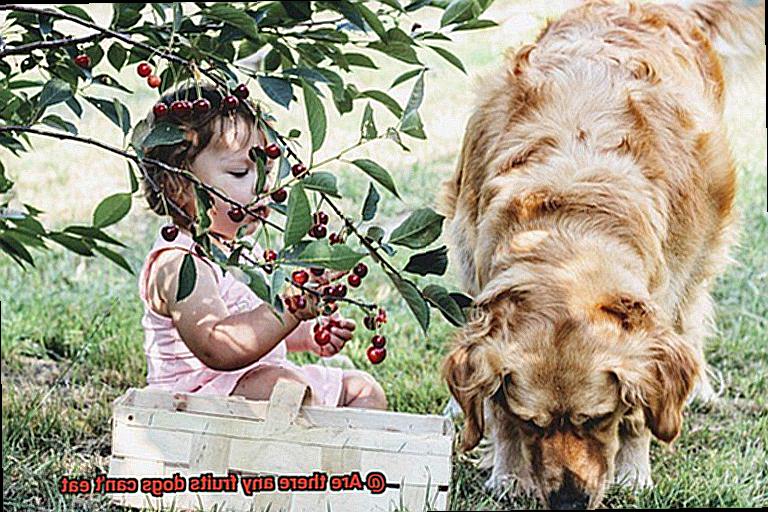
Moderation is Key:
Like any treat, moderation is key when it comes to feeding cherries to your French Bulldog. While the flesh of the fruit itself is generally safe for dogs and can provide some beneficial nutrients like vitamins A and C, excessive consumption can lead to digestive issues such as upset stomach or diarrhea. So, keep the portion sizes small and infrequent.
What to Do in Case of Emergency:
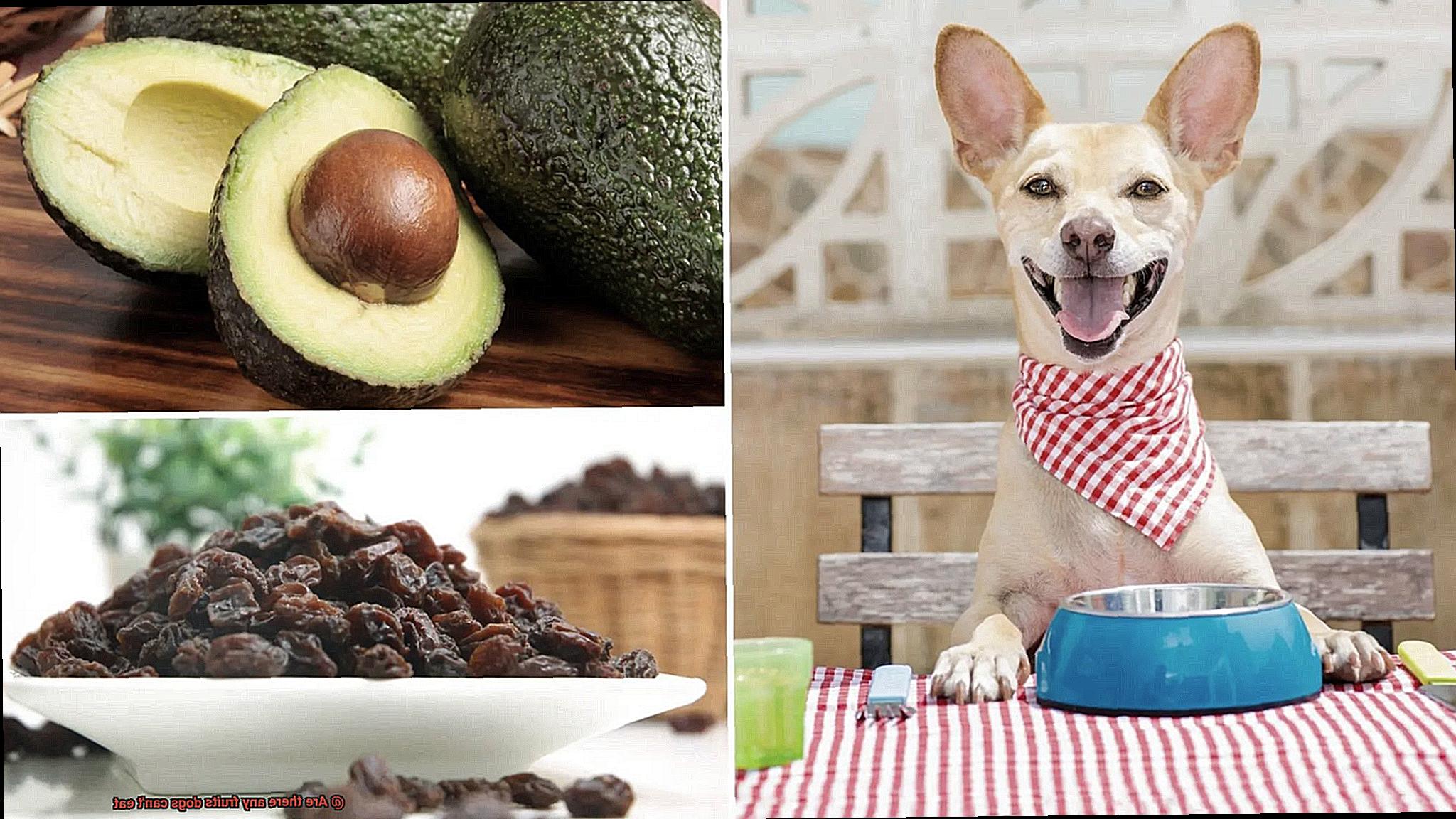
If you suspect that your French Bulldog has ingested cherry pits or stems and is displaying symptoms of cyanide poisoning, don’t hesitate to seek immediate veterinary attention. The veterinarian will be able to assess the situation and provide appropriate treatment. Remember, it’s better to be safe than sorry.
Are Apple Seeds Poisonous to French Bulldogs?
You love your French Bulldog and want to give them the best treats possible. Apples seem like a healthy choice, but what about those pesky apple seeds? Are they really as dangerous as some people claim? Let’s dig deeper into this juicy topic and separate fact from fiction.
The Lowdown on Apple Seeds
Apple seeds contain a compound called amygdalin, which can break down into cyanide when ingested. Now, before you panic, let’s put things into perspective. The amount of cyanide in apple seeds is relatively small. In fact, it would take a large number of seeds to cause any harm to your furry friend.
Size Matters for French Bulldogs
French Bulldogs are adorable little pups, but they have a lower tolerance for toxins compared to larger dogs. That means it’s better to err on the side of caution when it comes to their health. While a few apple seeds may not immediately harm your French Bulldog, it’s still best to remove them before offering apples as a treat.
Watch Out for Symptoms
If your French Bulldog accidentally munches on a few apple seeds, keep an eye out for any signs of discomfort or illness. Symptoms of cyanide poisoning in dogs can include vomiting, diarrhea, difficulty breathing, and even seizures in severe cases. If you notice any of these symptoms, it’s time to call your veterinarian.
Apple Treats the Safe Way
To prevent any potential risks, always remove the apple seeds before giving apples to your French Bulldog. Cut the fruit into small pieces without the core or seeds. This way, you can enjoy peace of mind while treating your pup to a healthy snack.
When in Doubt, Consult Your Vet
If you’re unsure about whether a particular fruit or food is safe for your French Bulldog, don’t hesitate to reach out to your veterinarian for personalized advice and guidance. They know your pup’s specific needs and can provide the best recommendations.
Are Peach, Plum, and Apricot Pits a Choking Hazard for French Bulldogs?
French Bulldogs, with their adorable squished faces and compact size, are beloved pets for many people. As a responsible French Bulldog owner, it’s crucial to be aware of potential choking hazards that could pose a risk to your furry friend. One such hazard is the pits found in peaches, plums, and apricots. Let’s dive into the research and find out if these pits are indeed a choking hazard for French Bulldogs.
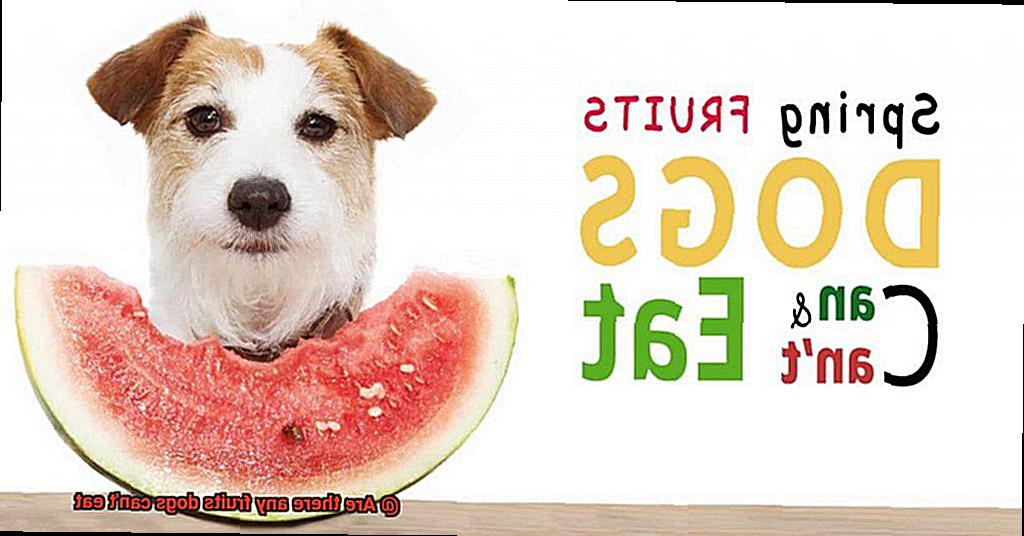
Size Matters: French Bulldogs and Small Throats
French Bulldogs have small throats compared to larger dog breeds. This means that objects of certain sizes can easily become stuck and cause choking. Peach, plum, and apricot pits have a hard outer shell that can get lodged in a dog’s throat, making them particularly dangerous for French Bulldogs.
Toxic Compounds: Amygdalin and Cyanide
In addition to the physical choking hazard, the pits of these fruits contain amygdalin, which can break down into cyanide when ingested. Cyanide is a highly poisonous substance that can have severe health consequences for dogs. Even if the pit doesn’t cause immediate choking, the toxic compounds within it can still pose a serious risk to the health of your French Bulldog.
Prevention is Key: Keep Fruits out of Reach
To protect your French Bulldog from choking on peach, plum, or apricot pits, it’s important to ensure that these fruits are not accessible to your dog. Keep them out of reach or store them in a secure place where your dog cannot get to them.
Immediate Veterinary Attention
If you suspect that your French Bulldog has ingested a peach, plum, or apricot pit, it’s crucial to seek immediate veterinary attention. A veterinarian will be able to assess the situation and take appropriate measures to ensure the safety and well-being of your dog.
Safe Fruits for French Bulldogs
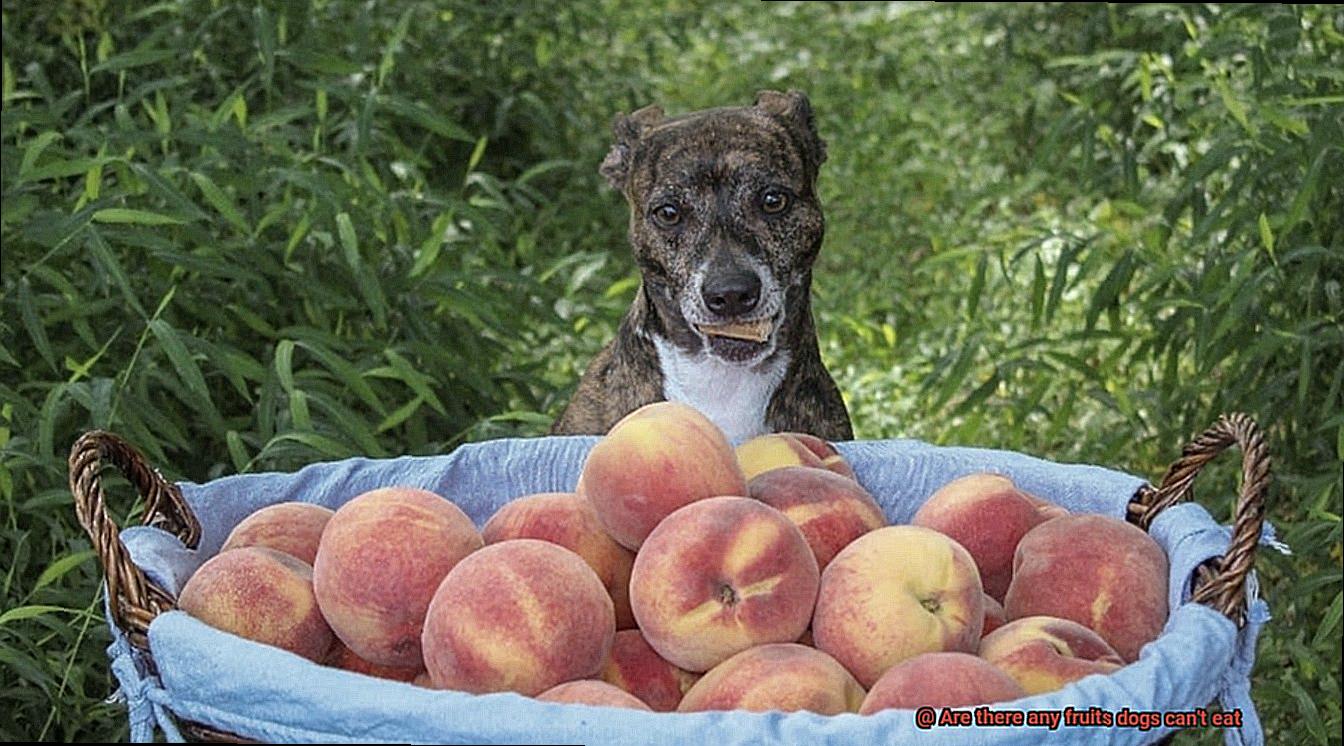
In general, it’s best to avoid giving your French Bulldog any fruits with pits or seeds. Stick to fruits that are safe for dogs to consume, such as apples (without the seeds), bananas, watermelon (without the rind), and blueberries. Remember, every dog is different, so it’s always a good idea to consult with your veterinarian before introducing any new foods into your French Bulldog’s diet.
What Other Fruits Should Be Avoided by French Bulldogs?
French Bulldogs are undoubtedly one of the most adorable breeds out there, with their cute squished faces and compact size. As a proud owner of a French Bulldog, you want to ensure that your furry friend stays healthy and happy. While fruits are generally considered healthy for dogs, there are some fruits that should be avoided by French Bulldogs due to their potential toxicity or digestive issues. Let’s take a closer look at these fruits and why they should be kept away from your four-legged companion.
- Grapes and Raisins: These seemingly harmless fruits can actually be quite dangerous for French Bulldogs. Grapes and raisins can cause kidney failure in dogs, including our beloved Frenchies. It’s best to keep these fruits out of reach and never give them as treats.
- Citrus Fruits: Oranges, lemons, and grapefruits may be refreshing for us humans, but they can cause gastrointestinal upset in French Bulldogs. The high levels of citric acid can lead to vomiting and diarrhea. So, it’s best to avoid giving your Frenchie these fruits.
- Avocados: While avocados have gained popularity as a superfood for us humans, they can be toxic to dogs, including French Bulldogs. Avocados contain a substance called persin that can cause vomiting and diarrhea in our furry friends.
- Cherries: While cherries themselves are not toxic to French Bulldogs, the pits and stems can be harmful. Cherry pits contain cyanide, which is poisonous to dogs if ingested in large quantities. So it’s best to keep cherries out of reach or remove the pits before giving them to your Frenchie.
- Apricots and Peaches: Similar to cherries, apricot and peach pits contain cyanide and should not be given to French Bulldogs. Additionally, these fruits can cause gastrointestinal upset if consumed in excess. If you choose to give your Frenchie apricots or peaches, be sure to remove the pits and give them in moderation.
- Bananas: Bananas are generally safe for dogs, including French Bulldogs, but they should still be given in moderation. Too much banana can lead to constipation due to their high fiber content. So, it’s best to offer bananas as an occasional treat rather than a daily snack.
- Pineapple: While pineapple can be a tasty and refreshing treat, it should only be given in small amounts or as an occasional indulgence for French Bulldogs. The high acidity of pineapple can cause mouth sores and discomfort.
Remember, every dog is unique, and what works for one may not work for another. It’s always a good idea to consult with your veterinarian before introducing any new foods into your Frenchie’s diet. They can provide personalized advice and guidance based on your dog’s specific needs.
How Can I Tell If My Dog Is Allergic to Certain Fruits?
French Bulldogs are known for their charming personalities and unique physical features. As a responsible pet owner, it’s crucial to be mindful of your furry friend’s diet and health. While fruits can be a healthy addition to a dog’s diet, it’s essential to recognize if your French Bulldog has any allergies or sensitivities to certain fruits. In this blog post, we’ll explore the signs and symptoms of fruit allergies in French Bulldogs, so you can keep them safe and happy.
Signs of Fruit Allergies in French Bulldogs:
Itching and Scratching:
If you notice that your French Bulldog is constantly scratching or licking specific areas of their body, it could indicate an allergic reaction to a particular fruit. Keep an eye out for excessive itching or hotspots on their skin.
Gastrointestinal Upset:
Fruit allergies can also manifest as gastrointestinal distress in French Bulldogs. Symptoms may include vomiting, diarrhea, or stomach upset after consuming certain fruits. If you observe these signs, it’s time to reevaluate your pet’s diet.
Skin Rashes or Hives:
Watch for red, raised bumps or patches of irritated skin on your French Bulldog. These can be signs of an allergic reaction to fruits. If you notice any skin issues, consult with your veterinarian for proper diagnosis and treatment.
Respiratory Symptoms:
In some cases, fruit allergies can cause respiratory symptoms such as sneezing, coughing, or difficulty breathing in French Bulldogs. These symptoms should never be ignored and require immediate veterinary attention.
Prevention and Management:
To prevent fruit allergies in French Bulldogs, it’s important to introduce new fruits gradually and monitor their reactions each time. Here are some additional tips to manage fruit allergies:
Consult with Your Veterinarian:
If you suspect that your French Bulldog has a fruit allergy, consult your veterinarian. They can perform tests to determine the specific allergens affecting your dog and provide guidance on managing their condition.
Keep a Food Diary:
Maintain a food diary to track your French Bulldog’s diet and note any adverse reactions. This record can be helpful in identifying potential allergens and making necessary dietary changes.
Avoid Problematic Fruits:
Certain fruits, such as grapes, raisins, avocados, cherries (including pits and stems), apricots, peaches (with pits), bananas (in excess), and pineapple can be harmful to French Bulldogs. Always consult with your veterinarian before introducing new fruits into your pet’s diet.
As a responsible pet owner, it’s important to be aware of any potential allergies or sensitivities your French Bulldog may have, including fruit allergies.
By recognizing the signs and symptoms of fruit allergies and taking necessary precautions, you can ensure your furry friend stays healthy and happy.
Remember, consulting with your veterinarian is essential for accurate diagnosis and personalized guidance.
KFAIDeZPPXM” >
Conclusion
In conclusion, it is important to be cautious when feeding fruits to our furry friends.
While many fruits are safe and even beneficial for dogs, there are a few that can be harmful or toxic to their health. Grapes and raisins, for example, can cause kidney failure in dogs.
Avocados contain persin, which can lead to vomiting and diarrhea. Cherries and peaches have pits that pose a choking hazard or can cause intestinal blockage.
It is always best to consult with a veterinarian before introducing any new fruits into your dog’s diet.
